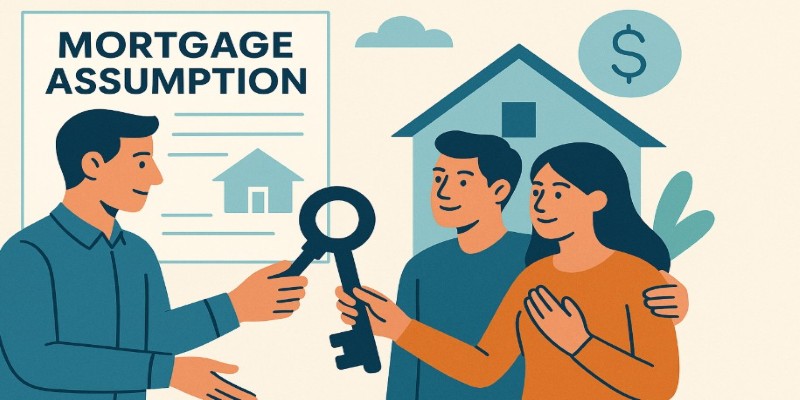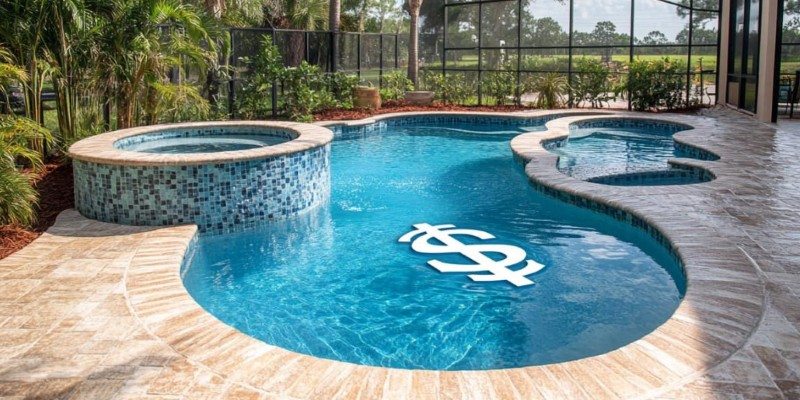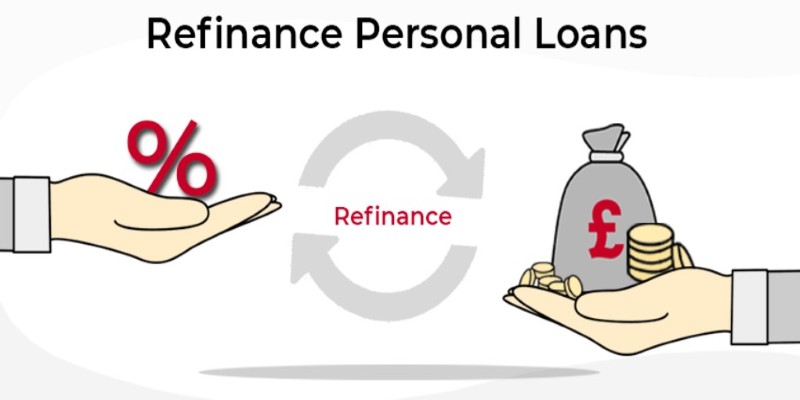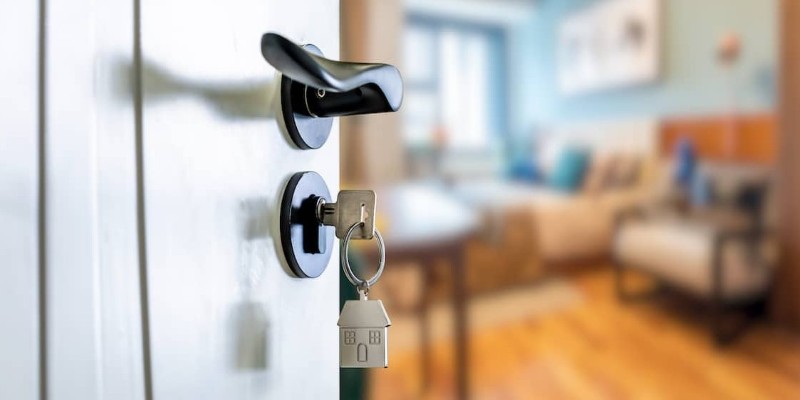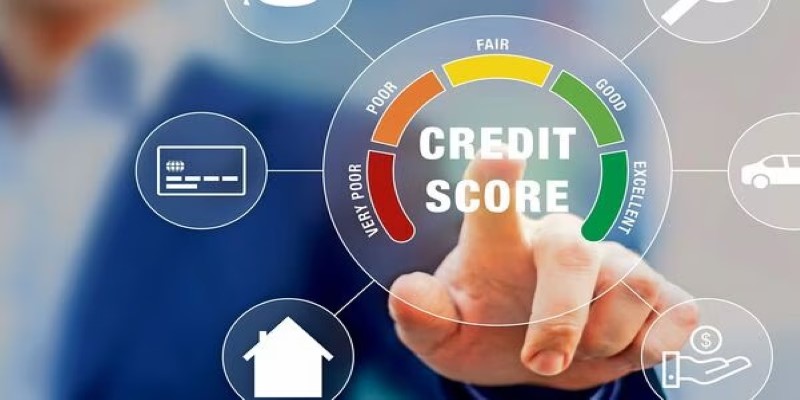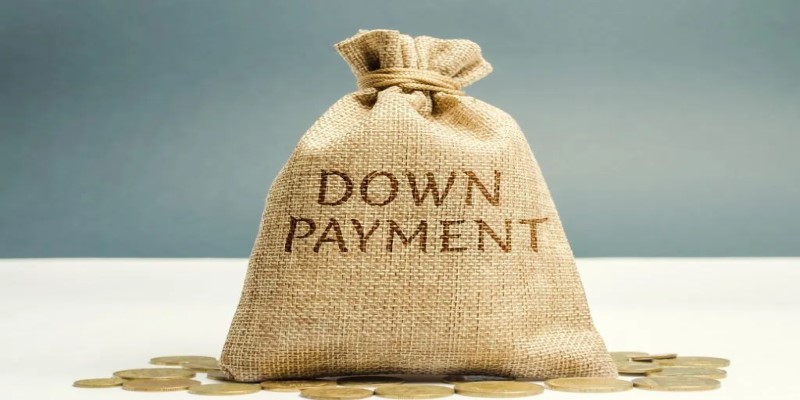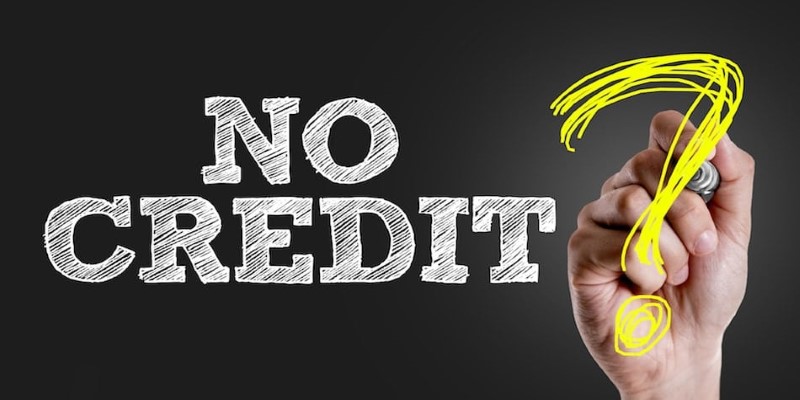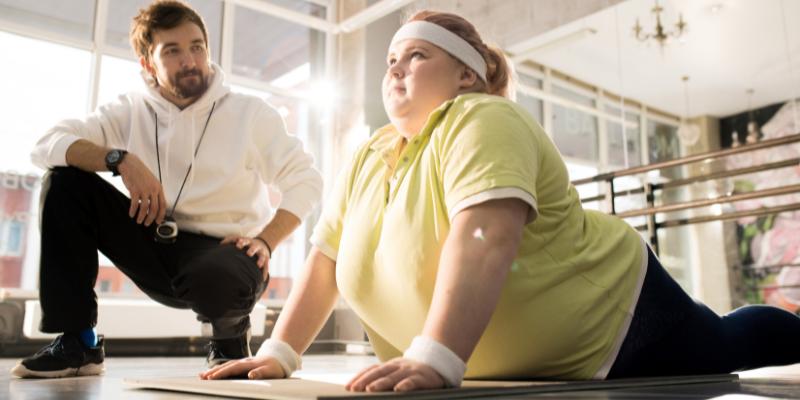Most of us think of real estate as land, property, or something with a front door. But these days, not everything you own has to be physical to hold value. Digital real estate is a broad term that covers online assets that can be owned, rented, sold, or developed for profit. Think websites, domain names, social media accounts with big followings, or even virtual land in online spaces. If it exists online and someone is willing to pay for it, it falls under this umbrella.
But this isn’t about building houses in a game or creating make-believe worlds. It’s about buying online space, building something on it, and turning that into income. And just like physical property, it can appreciate over time if you know what you’re doing.
Understanding the Foundation: What Counts as Digital Property
Not all online spaces are equal, but many can become valuable with the right effort. Here's a clearer look at what’s considered digital real estate:
1. Websites and Blogs
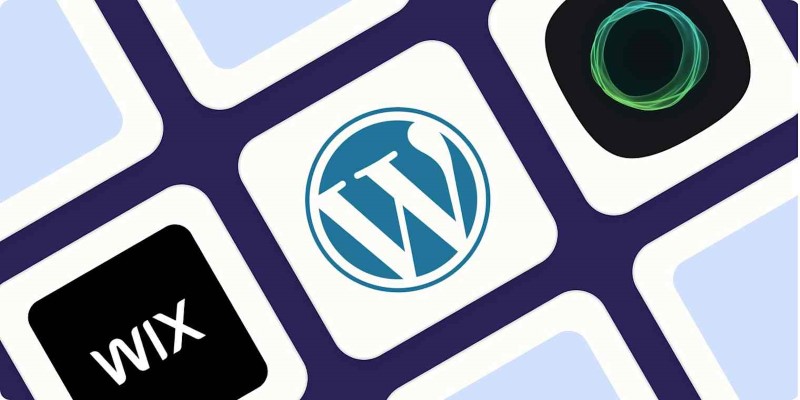
One of the most common examples. Whether it's a blog that brings in ad revenue or a company website that generates leads, owning a website is like owning a storefront online. The more traffic it gets, the more valuable it becomes.
2. Domain Names
Some people make full-time incomes just from buying and selling domain names. A short, catchy domain can be worth thousands — even millions. There's no development here, just smart purchasing and patience.
3. Social Media Accounts
Accounts with large, engaged audiences are worth real money. These can be used to promote products, sell services, or partner with brands. People have built full-scale businesses off nothing but an Instagram page or YouTube channel.
4. Virtual Land and Property in Online Worlds
Platforms like Decentraland or The Sandbox allow users to purchase virtual land, develop it, and even rent it out. It may sound far-fetched, but it’s already a booming trade. Brands are building virtual stores. Artists are hosting virtual galleries. And yes, people are paying for plots of land they’ll never physically stand on.
How to Start Building Your Own Digital Property – Step by Step
If you want in on this space, here’s how you can start from scratch:
Step 1: Pick Your Asset Type
First things first — you need to make a choice. Not everything suits everyone. If you're good with writing or content creation, go with a blog or social media page. If you've got a nose for branding, domain names might be your best bet.
Step 2: Acquire or Create
Let's say you want to build a website. You'll need a domain name (your address) and hosting (your land). For social media, you'll need to start an account and begin growing it. For digital land, you'll need to sign up on a platform, set up your wallet, and make a purchase.
Step 3: Grow or Develop
The real value lies in what you do with your assets. If it's a blog, publish consistently and focus on SEO. If it's social media, focus on engagement. If it's virtual property, consider collaborations, experiences, or services to make it attractive.
Step 4: Monetize
Now comes the payoff. Monetization options vary:
- Websites: Ads, affiliate links, product sales
- Social Media: Sponsorships, paid promotions, direct sales
- Domains: Flip for profit or lease out
- Virtual Land: Rent, sell, or use it as a brand space
Step 5: Maintain or Flip
Some people buy and hold. Others build and sell. You decide whether to keep growing the asset or cash out when the value peaks. Both are valid strategies.
Why Digital Assets Hold Real Value

At this point, it’s natural to ask — why would anyone pay for this? The answer is simple: attention and access. In the same way, location determines the value of a physical property, and online traffic determines the value of a digital one. If 50,000 people visit your site each month, that's 50,000 potential buyers or clients. If your social page gets shared 100 times a day, that's influence. Businesses are hungry for eyes, and digital properties offer that — sometimes more reliably than traditional options.
On top of that, digital real estate isn’t bound by borders. A physical shop only reaches local foot traffic. But a blog, for example, can reach readers in 20 countries within minutes. This reach alone makes digital space a hot asset.
And then there’s ownership. Unlike renting ad space, owning digital property gives you control. You choose what’s featured, when it’s updated, and how it’s monetized. You can change direction at any time — no landlord, no limitations.
Is It Worth It? A Look at Long-Term Potential
Some call it a trend. Others say it’s a shift. What’s clear is that people are already making money from it — not from luck, but from treating their online presence like actual property. They build it, they improve it, and when it’s valuable enough, they sell or rent it out.
Take, for instance, niche websites. Built for a specific topic, these are often sold for 30–40 times their monthly income. That means if your site brings in $1,000 a month, it could be sold for $30,000 or more. That kind of math has caught a lot of attention.
Or consider domain flipping. A $15 investment in a clever domain can sometimes lead to a $5,000 payday — simply because someone else needs that exact name for branding. And with only one owner allowed per domain, the demand never really fades.
Even social media pages, when built correctly, can bring in more income than a traditional business. The difference is that they often require less overhead and offer more flexibility. You can run them from anywhere, automate parts of the process, and scale without staff or offices.
Final Thoughts
Digital real estate isn’t a niche anymore — it’s a category of assets with its own market, trends, and potential for real growth. Like any investment, it comes with risks, and it demands effort. But it’s also one of the few areas where individuals can start small, grow organically, and still create something with lasting value.
It’s not a matter of if digital properties will matter — they already do. The real question is: are you building something online that you actually own? Because in the digital space, ownership matters. And the earlier you start, the better your chances of building something worth keeping.

